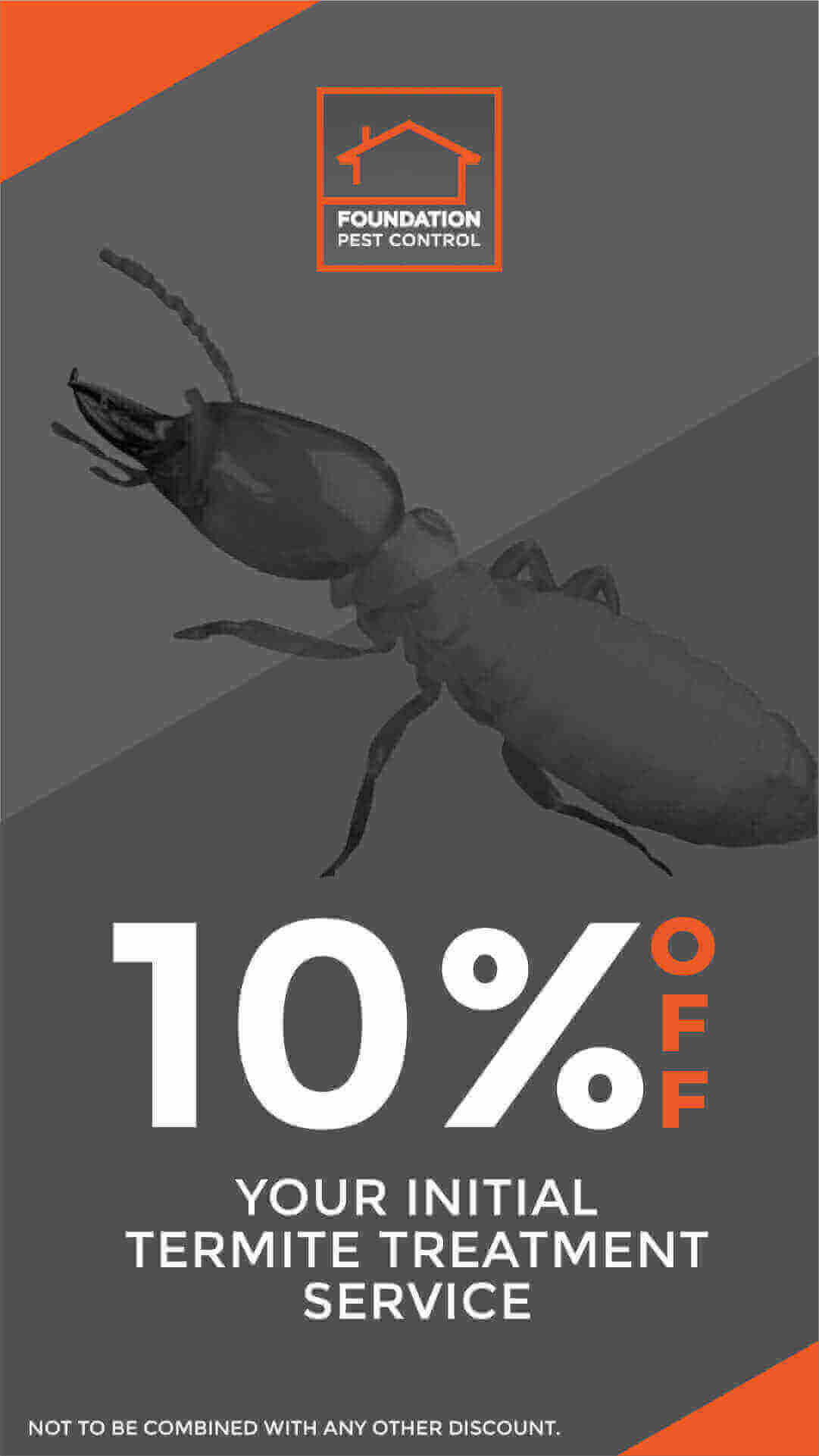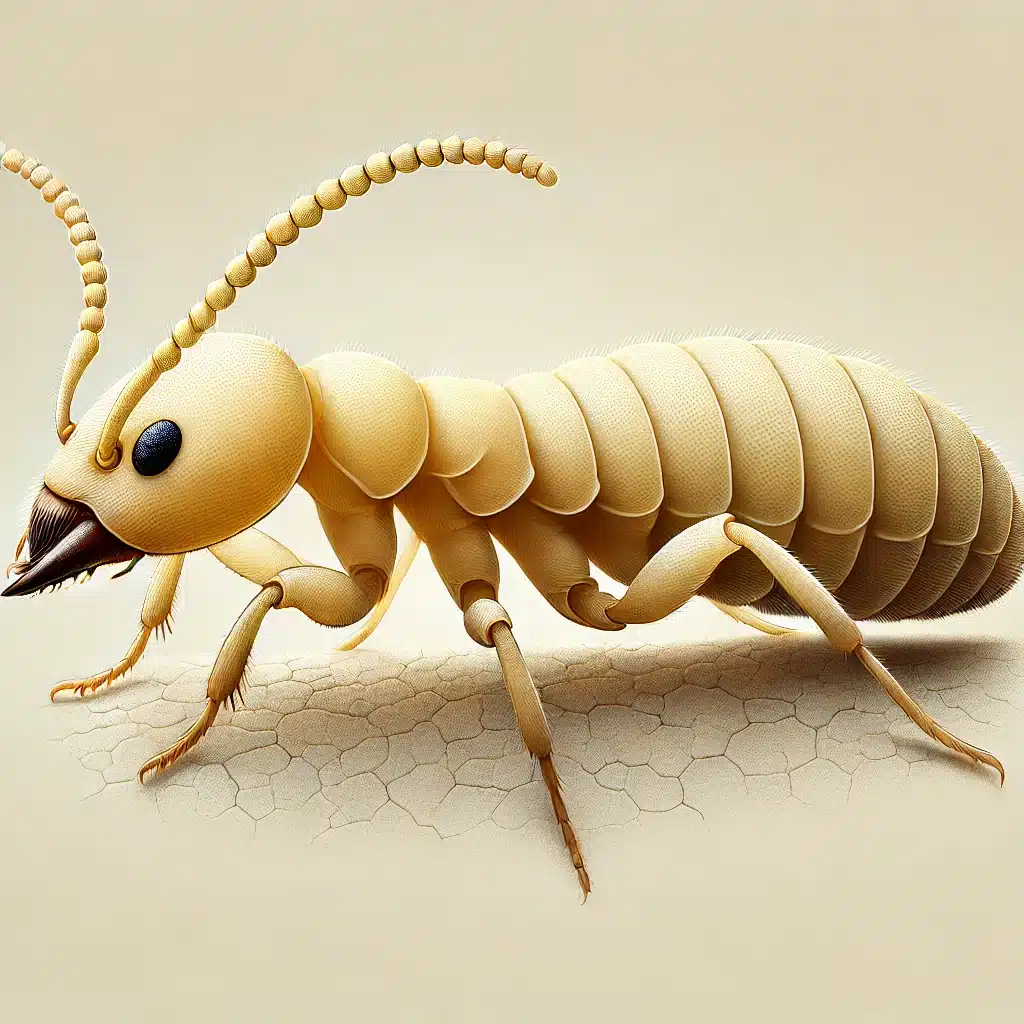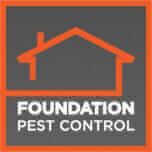Termites

Foundation Pest Control offers expert pest management solutions for homes and businesses in Memphis and surrounding areas. Serving our community with eco-friendly treatments, we ensure a pest-free environment using advanced technology and personalized service. Trust us for efficient, reliable pest control in Memphis, Arlington, Lakeland, Germantown, and Collierville.
All About Termites in Memphis
Termites are fascinating and highly organized insects that play a crucial role in breaking down dead plant material in the wild. However, when these wood-eating pests invade homes and buildings, they can cause significant structural damage. Memphis’s warm, humid climate makes it a hotspot for termite activity, and understanding these insects is key to protecting your property and appreciating their ecological significance.
What Are Termites?
Termites are small, soft-bodied insects that feed primarily on cellulose, a component of wood and plant material. They are social insects that live in colonies, which can range from a few thousand to millions of individuals. Each colony is highly organized, with a caste system that includes workers, soldiers, and reproductives (including a queen and king).
The Role of Each Caste:
- Workers: These termites build and maintain the nest, forage for food, and feed other members of the colony, including the queen.
- Soldiers: These termites defend the colony against threats, such as ants or other predators.
- Reproductives: The king and queen are responsible for growing the colony, while winged swarmers (alates) leave the nest to establish new colonies.

Common Termite Species in Memphis
Memphis is home to two main types of termites, both of which can cause problems for homeowners and businesses:
- Subterranean Termites: These termites live in underground colonies and build mud tubes to access food sources above ground. They are the most destructive type of termite and are responsible for the majority of termite damage in Memphis.
- Drywood Termites: Unlike subterranean termites, drywood termites do not require contact with soil. They infest dry wood and are less common but still a concern in the area.
The Life Cycle of Termites
Termites go through a simple life cycle consisting of three stages: egg, nymph, and adult. Queens can lay thousands of eggs each year, and nymphs eventually develop into workers, soldiers, or reproductives based on the colony’s needs.
- Eggs: Tiny and translucent, termite eggs are laid deep within the colony.
- Nymphs: Immature termites that are initially cared for by workers. Over time, they mature into their specific roles.
- Adults: Fully developed termites, including workers, soldiers, and reproductives. Swarmers emerge during the reproductive season to form new colonies.
The Role of Termites in Nature
Termites are an essential part of the ecosystem, where they contribute to breaking down dead wood and recycling nutrients into the soil. Without termites, forests and other natural environments would accumulate large amounts of dead plant material, slowing decomposition processes.
How Termites Thrive in Memphis
Memphis provides an ideal environment for termites due to its warm, humid climate. Subterranean termites, in particular, thrive in areas with consistent moisture levels in the soil. Homes and buildings with wood-to-soil contact or poor moisture control are especially vulnerable.
Factors that contribute to termite activity in Memphis include:
- High Humidity: Moisture in the air and soil creates the perfect conditions for subterranean termites.
- Abundance of Wood: Wooden structures, furniture, and landscaping materials provide food sources for termites.
- Older Homes: Aging properties with cracks in the foundation or untreated wood are more susceptible to termite infestations.
Unique Behaviors of Termites
Termites exhibit fascinating behaviors that highlight their social structure and adaptability:
- Mud Tubes: Subterranean termites build mud tubes to travel between their colonies and food sources. These tubes protect them from predators and dehydration.
- Communication: Termites communicate through pheromones and vibrations. These signals help them coordinate activities like foraging and defense.
- Colony Growth: The queen termite can live for decades, laying eggs almost continuously to expand the colony.
- Swarming: Winged termites (swarmers) emerge from mature colonies during reproductive season to establish new colonies. Swarming typically occurs in Memphis during spring and summer.
Common Myths About Termites
- Myth 1: Termites Eat Concrete: Termites cannot eat concrete, but they can squeeze through tiny cracks in it to access wood.
- Myth 2: Termites Only Infest Old Homes: Termites can infest homes of any age if conditions are favorable.
- Myth 3: Termites Are Easy to Spot: Termite infestations often go unnoticed until significant damage has occurred because termites hide in walls, floors, and underground.
Interesting Facts About Termites
- Termites are over 100 million years old and are often called “silent destroyers” because of their ability to cause damage unnoticed.
- A single queen can lay thousands of eggs each year, allowing colonies to grow rapidly.
- Termites consume cellulose, which can be found in wood, paper, and even some fabrics.
- Termites are closely related to cockroaches, sharing a common ancestor.
Conclusion
Termites are an integral part of the natural world but can cause significant issues when they invade human structures. Memphis’s climate creates a thriving environment for these insects, making it essential for residents to understand termite behavior, species, and habits. By recognizing the signs of termites and taking preventative measures, Memphis homeowners can protect their properties from the damage these fascinating yet destructive insects can cause.

